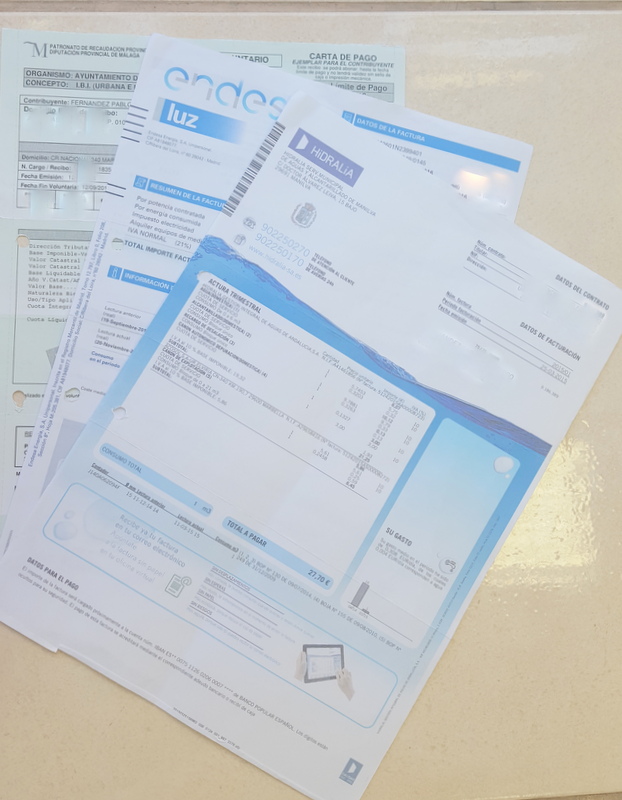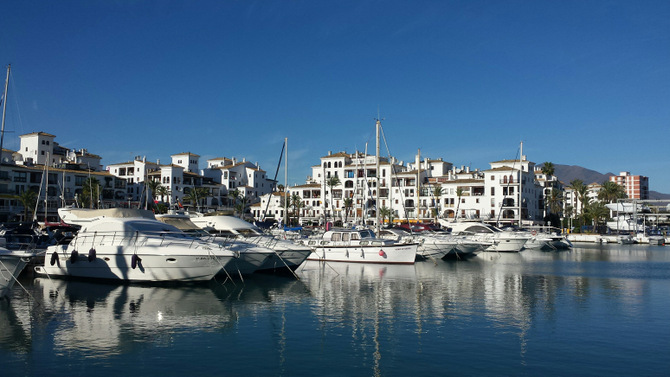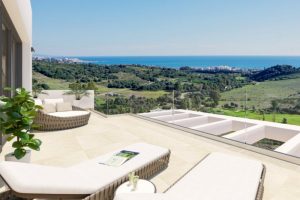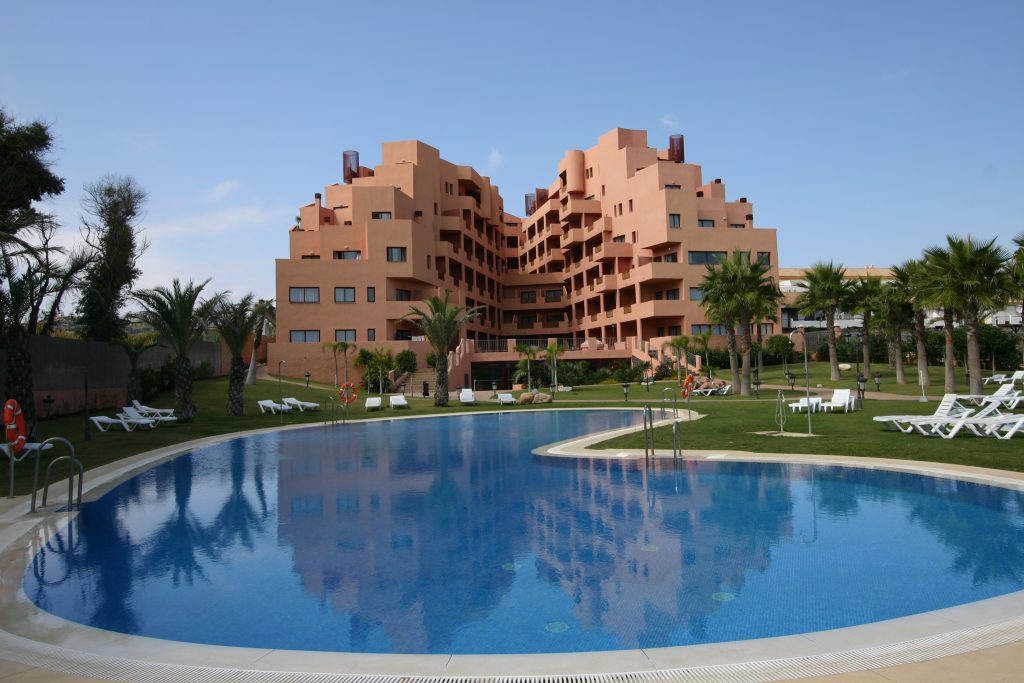Tips when choosing a Real Estate Agent in Spain
You have made the decision to sell your property in Spain as the market is in a healthy position and agents are looking for properties for their clients/investors – so how do you choose who to work with? It all may seem very daunting the first steps to selection of an agent, so here are some ideas to help:
On-Line or Office-Based
With the power of the internet, on-line is a great way to sell your property and just pay an upfront fee. An on-line agent will advertise your property, but you will be responsible for the viewings, negotiation of sales price and dealing with the end to end process. For some people who are living in their property, this is certainly an option – but what happens if this is not your primary residence or would like more of a business transaction approach? Office-based real estate agents in Spain offer a no sale, no fee service where they will organise all the viewings, marketing, take care of the whole process for you and work with your lawyer to ensure all runs smoothly – perfect if you are not based in Spain or prefer to hand over the reins to a professional.
Make a Shortlist
Make a short list of agents who have a high-street presence and look at their window display, website, portal usage, referrals or social media. If you find the way they present properties is pleasant and the images reflect a positive image, then add them to your list. You should be able to narrow the list down to 2-3 agents and call or pop in to their offices to have a chat about your property and expectations. Established Agents are certainly going to provide you with the best service so choose agents that specialise in property sales with experience in your area.
Valuation of your Property
An experienced agent will know the marketplace, surrounding area and urbanisations, particularly ones who have a high street presence in the municipality. They will offer examples of recent sales within your area to support their valuations and other analysis/statistics to explain the market historically and at present. A good agent will take the time to explain the cost implications and the full process of selling your property from start to finish. Property is our biggest financial asset and investment so we all want to secure the best price possible but be wary of agents who ask you what you want to sell for. Your expectations may not be possible in the current market or once all the costs for selling have been explained to you.
Ask questions
From your short list, you will already have an idea of how your chosen agents will create campaigns and promotions for property. Professional agents will have a campaign map in place and will happily share this information with you. Ask questions: Do you just focus on property sales? How long have they been in business? Any prospects looking at this style of property at the moment? Do they provide performance statistics and feedback? The last thing you want is to market your property and not hear back from the agent, even if sometimes it is not good news. At the same time, be honest about your circumstances as they will have a better grasp of your objectives and timeframe.
The Agent Fee
Spain is a different marketplace to the UK and the fee varies from 5% up to 9% in some places. For this area of Spain, the industry standard appears to be 5%. Established agents collaborate and offer additional marketing services to ensure maximum coverage for your property to secure you a sale. Make a value judgment on the services and don’t assume that the cheapest is the best – it rarely works out that way.
A Team Effort
You have met with several agents and some you liked and some you didn´t but base your decision on what you have seen and heard. In Spain, sole agency is not common but an established agent will have the best network and coverage to ensure maximum collaborative coverage in and outside of the area to entice viewings. Give the agent the good news you would like them to market your property and if you have decided to be “sole agent” tell them and set your expectations with them. Working as a team you will be successful in selling your property and moving on.






